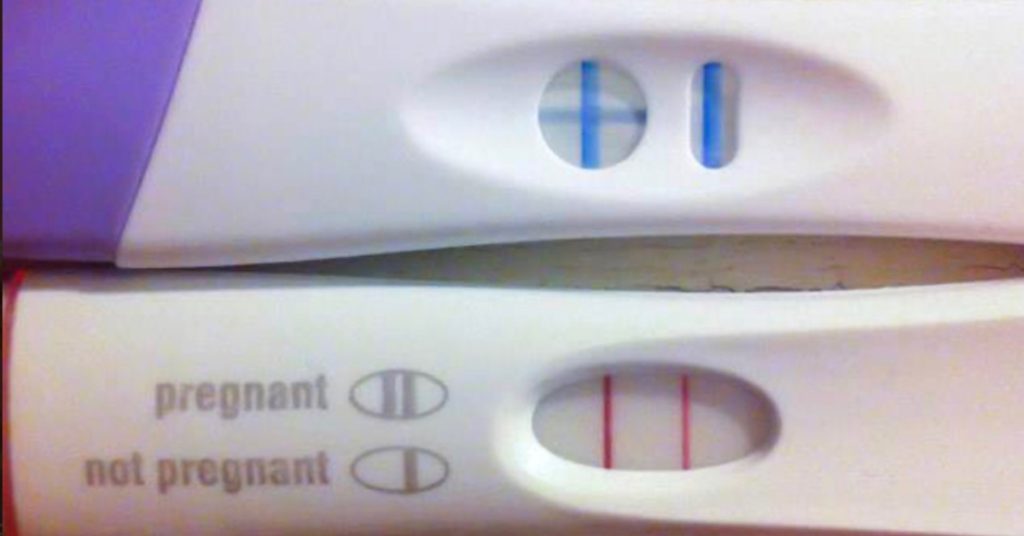
(June 24, 2022) A supreme court that many observers—including New York’s Attorney General Latitia James—has called “extremist” has struck down the 50-year-old Roe v. Wade decision that legalized abortion across that country. The decision means the legality of the abortion will be left up to the States. Thirteen states have “trigger laws” that will make abortion illegal including in cases of incest and rape, and other threats to the mother.
“The news that the US Supreme Court has overturned Roe v. Wade is deeply upsetting,” says Joyce Arthur, Executive Director of Abortion Rights Coalition of Canada (ARCC).
“What a profound violation of fundamental human rights! We need to channel our feelings of outrage into action. Let’s stand in solidarity with US activists fighting for reproductive justice, but also take action here at home. How can we help Americans coming to Canada for abortions when we don’t even have enough access ourselves? That’s especially the case for the most marginalized, including Indigenous, transgender, 2SLGBTQI+, immigrant, and youth communities. Now is the time for both BC and the federal government to fund an expansion of SRH and abortion care and train more providers.”
“We extend our solidarity to abortion organizers on the ground in the U.S., many of whom have already built grassroots abortion networks to support people the state has left behind,” said a statement from Action Canada for Sexual Health and Rights (Planned Parenthood of Canada). “For those who already face the most barriers to the full range of sexual and reproductive health services– Black and Brown, poor, disabled, young and 2SLGBTQIA+ people – legal abortion has not translated into meaningful access.”
Considering the decision sexual and reproductive health, advocates are calling on the country to demand reproductive justice throughout Canada.
In a statement by more than 20 BC-based organizations are calling on the federal and provincial governments to take real action to improve people’s access to sexual and reproductive health in Canada.
“Equity within [sexual and reproductive health] care includes making contraception free, allowing abortion pills to be sold over the counter, strengthening access to abortion in rural and remote areas, implementing $10 a day childcare, enforcing the Canada Health Act against provinces that fail to provide adequate [sexual and reproductive health],” says the statement.
Action Canada for Sexual Health and Rights says it has witnessed this firsthand through its Norma Scarborough Emergency Fund, which supports people facing financial barriers to abortion including people who do not have citizenship status or health insurance, lack funds to travel outside of their community, and who do not have access to paid sick days to take time off to attend appointments.
“The decision to repeal Roe v. Wade is the culmination of decades of attacks on abortion rights, led and funded by allied anti-human rights groups who are concurrently organizing attacks on the rights of women, racialized people, 2SLGBTQIA+ people, sex workers, and other marginalized communities,” they say. “We see it in the U.S. today, but we have also seen it in every region of the world in the last decade.”
The U.S. Supreme Court overturning Roe v. Wade makes one thing crystal clear. Elections matter.
ARCC encourages everyone to reach out to their elected representative to make sure sexual and reproductive health is an issue they are prepared to address and fund.
Related reading
Crisis pregnancy centres: How anti-choice groups use charity status to support the spread of disinformation June 20, 2022